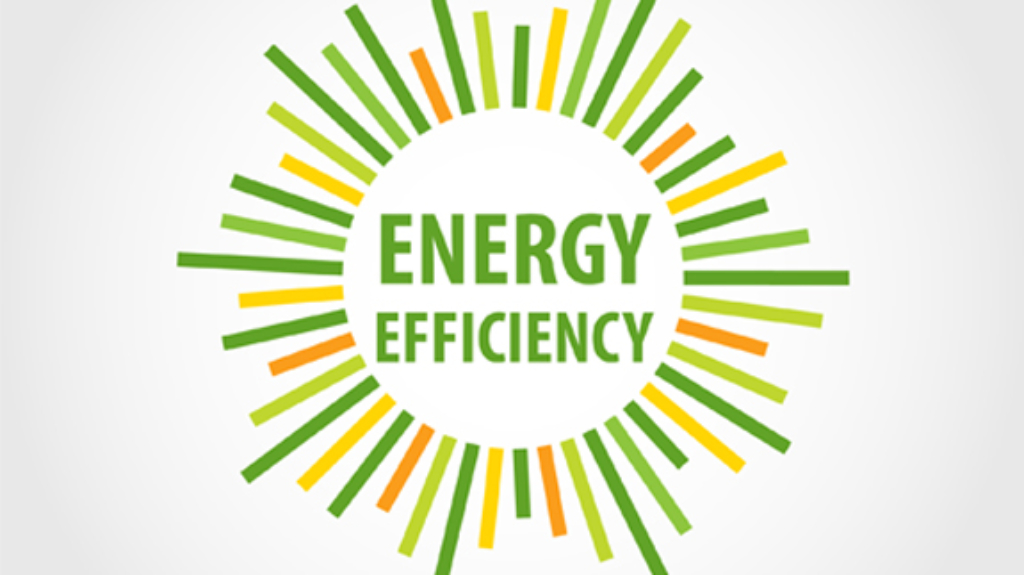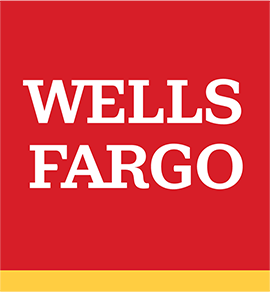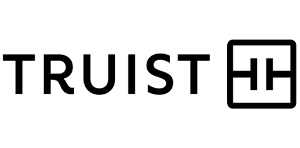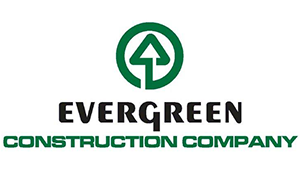
As the temperatures drop, the advocacy never stops here at the Coalition! Since 2013, NCHC has been actively involved in energy efficiency advocacy in North Carolina and nationally. We believe that nothing makes an affordable home unaffordable more quickly than rising energy costs. And rising energy costs further impact the economic opportunity of housing cost burdened households.
On Friday, December 1, 2017, I will join our energy efficiency partners in testifying against the proposal by Duke Energy Progress to raise the base rate for customers. You can read more about the current state of the case here. However, I wanted to share a summary of my testimony with you so you would understand how important energy efficiency is as we work toward housing affordability in North Carolina.
Housing costs are the number one expense for most North Carolina households. More than 31 percent of all households in North Carolina are cost-burdened, meaning that they must spend 30 percent or more of their income on housing costs, including utility bills. Approximately 46 percent of all renters and 24 percent of all homeowners in the state are cost-burdened.
For low-income households, energy bills consume a disproportionate share of household income, contributing greatly to the housing cost-burden that can lead to housing instability.
As I discuss in my testimony, energy bills make up the most significant portion of total housing costs outside of the rental or mortgage payment. For low-income households, energy bills consume a disproportionate share of household income, contributing greatly to the housing cost-burden that can lead to housing instability.
Low-income families living in multifamily buildings, for example, have utility expenses that, as a percentage of income, are on average 10 times greater than for higher-income households. Few variables can increase the consumer cost of housing faster than utility bill increases, and a steep 75 percent increase in the fixed monthly charge would be particularly harmful for households already struggling with housing costs. Higher energy costs also mean less money for food, education, and economic participation in the community.
My testimony also discusses the impact of Duke Energy Progress’ proposed increase to the fixed monthly charge on landlords and renters. Renters account for approximately 35 percent of all households in North Carolina, and they are more likely than homeowners to be cost-burdened. Importantly, renters typically face obstacles to living in more energy efficient homes. This is because there is a split incentive between landlords, who are responsible for making structural repairs and furnishing and maintaining heating and cooling equipment, and renters, who typically pay utility bills. In addition, renters are not eligible to participate in many existing utility-sponsored energy efficiency programs. A steep increase in the fixed monthly charge would further exacerbate these problems by increasing the portion of the bill that the resident cannot control by voluntarily reducing energy usage, and by reducing incentives for landlords to include utility-sponsored energy efficiency programs in their property management and tenant incentive plans.
Lastly, my testimony explains that Duke Energy Progress’ proposed rate increase would directly counter efforts by affordable housing providers to reduce energy costs for low-income residents. For example, the North Carolina Housing Finance Agency provides financial incentives to local Habitat for Humanity affiliates to include energy efficiency measures in the homes they build. Habitat for Humanity has in turn worked with Advanced Energy Systems, a North Carolina business, to develop an affordable housing energy-efficiency system called SystemVision, which has reduced utility costs on the average Habitat for Humanity-constructed home to less than fifty dollars per month. Duke Energy Progress’ proposed 75 percent increase to the fixed monthly charge would directly counter the efforts of affordable housing providers to reduce the energy burden of low-income households.
As affordable housing advocates, we work to ensure that every North Carolinian has the economic opportunity for a safe, decent, affordable place to live. We are deeply concerned with Duke Energy Progress’ proposal to increase the fixed monthly charge on residential customers’ bills by 75 percent, which would have very significant impacts on cost-burdened customers in North Carolina who already struggle to afford housing costs and who are least able to bear the burden of such an increase.
Help us continue to do the work of providing broader economic opportunity through energy efficiency. Join the movement for housing affordability in North Carolina by becoming a member of the Coalition. Your membership is tax deductible and helps us broaden and deepen our advocacy work in your community.








